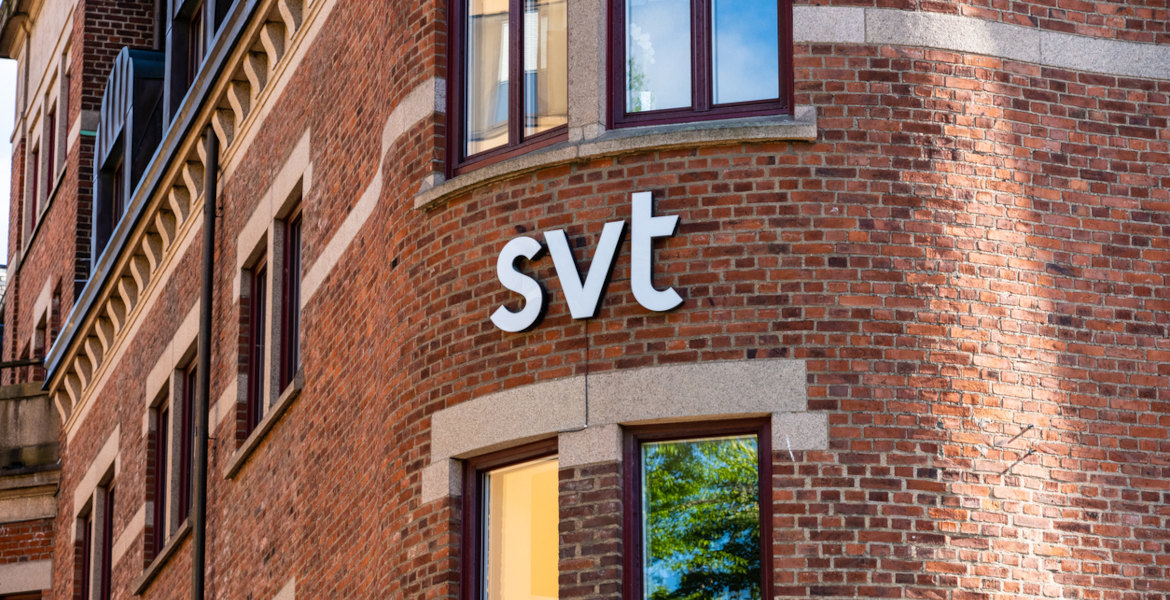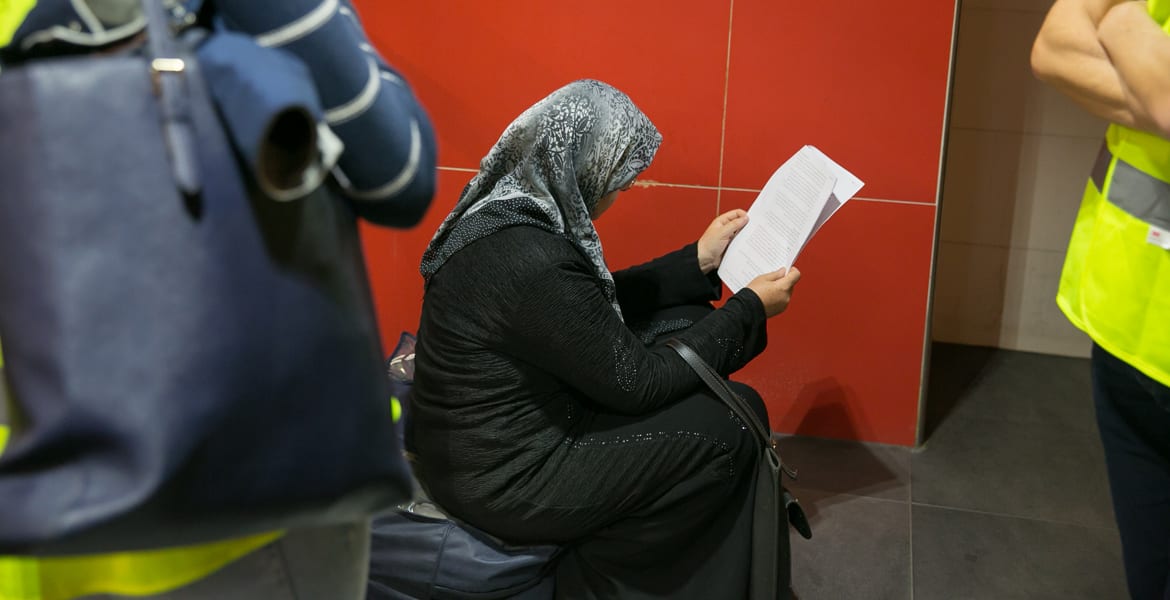In the Social Democrats' report, The emergence of parallel societies, the country's largest party admits that mass immigration policies have led to a number of problems, including poorer school performance and the creation of dysfunctional parallel societies where Swedish laws no longer apply.
The Social Democrats' solution, is to "mix" the population through efforts "on a scale we have never seen before."
"Sweden suffers from a number of social problems that threaten the community and weaken the common language. These are all serious problems in themselves. But something special happens when several of them interact within the same geographical area. This creates an existential threat to the social community - the emergence of parallel societies" it notes.
It points out that many young people from immigrant backgrounds do not consider themselves Swedish or part of Swedish society, but maintain customs such as "educational trips to Africa, forced marriages, honorary culture and genital mutilation.
The party says that "strong political efforts" are needed to overcome segregation and reduce polarization. These efforts include "mixing" Swedes and immigrants.
"Economic, ethnic and linguistic segregation must be broken on a structural level, which means mixing the population. Society will have to take action on an unprecedented scale", the report reads. It is not clear, however, how this goal is to be achieved.
"The most diverse country in the West"
The report also notes that "Sweden has gone from being one of the most homogeneous countries in the West to the most diverse and heterogeneous country in the West" and that a very large proportion of migrants have no education to speak of.
She also admits that "in some preschools the Swedish language has partly disappeared" and that there are now preschools and schools where there are hardly any Swedish-speaking children - often the staff do not have Swedish as their first language.
"There are preschools where more than half of the preschoolers who start school have the same level of Swedish as newly arrived children, even though they were born in Sweden", they admit.
Schools with no Swedes at all
At the start of the fall term, there were 14 schools in Sweden where the proportion of pupils with a foreign background was 100 percent - and 130 other schools where the proportion of pupils with a foreign background was between 80 and 89.9 percent. In total, there are now around 550 schools with a majority of immigrant pupils, where results are often poor and the situation is described as unsustainable.
https://twitter.com/Dr_R_Chandra/status/1729598009682342214?ref_src=twsrc%5Etfw%7Ctwcamp%5Etweetembed%7Ctwterm%5E1729598009682342214%7Ctwgr%5Ea35ad2b2c3acfbdbd27533056f6d2e8451492fcb%7Ctwcon%5Es1_c10&ref_url=https%3A%2F%2Fnyadagbladet.se%2Finrikes%2Fsocialdemokraterna-befolkningen-maste-blandas%2F
The Social Democrats' report has received a lot of criticism on forums and social media - not only because the problems are expected to be solved by "mixing" the population, but also because the Social Democrats have been the ruling party for most of the time that mass migration has been going on, so they are seen as very much to blame for the many problems it has caused. It is also pointed out that experiments in "mixing" Swedes and immigrants have already begun - for example, sending Swedish schoolchildren to schools dominated by immigrant pupils.




